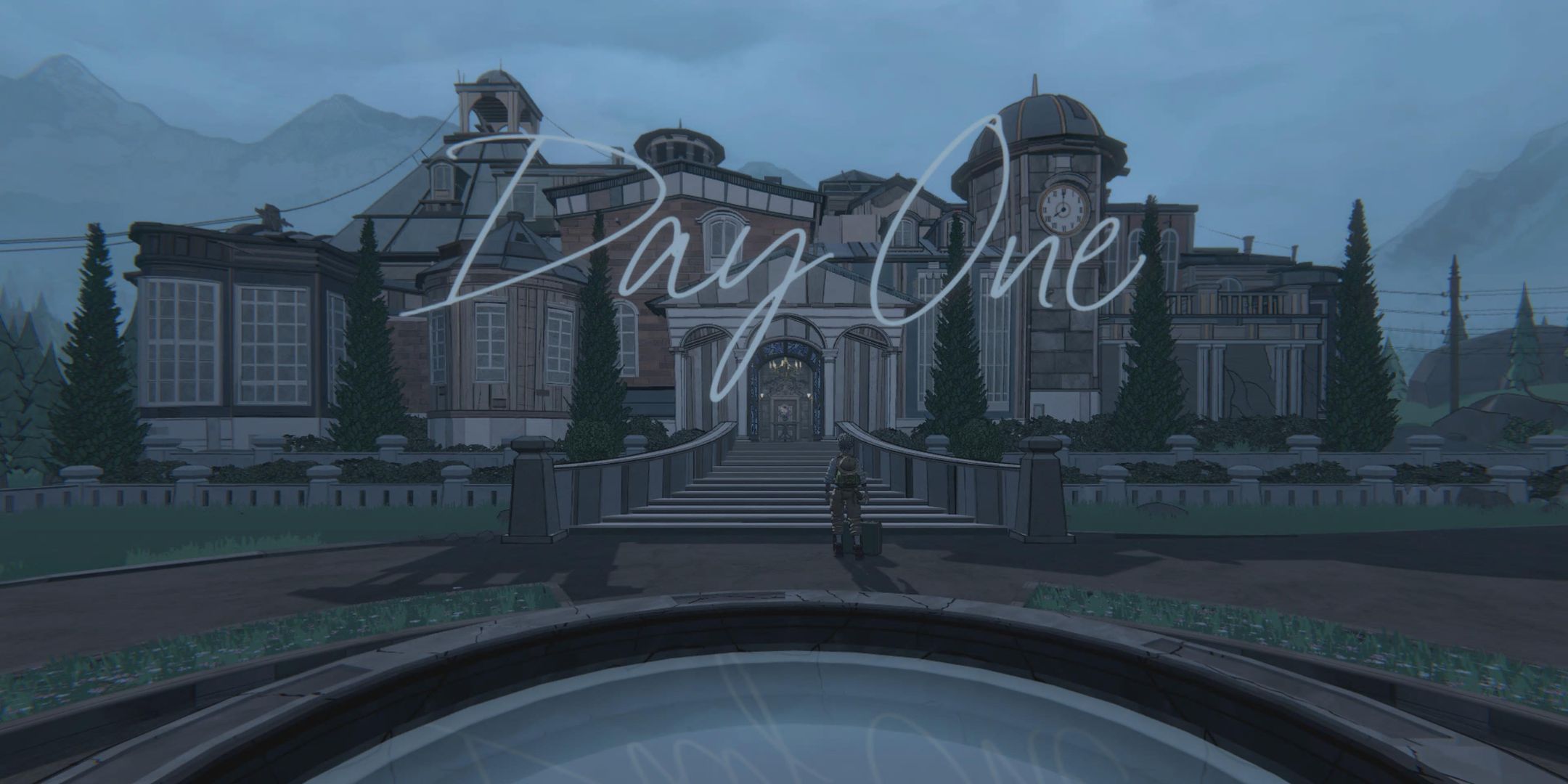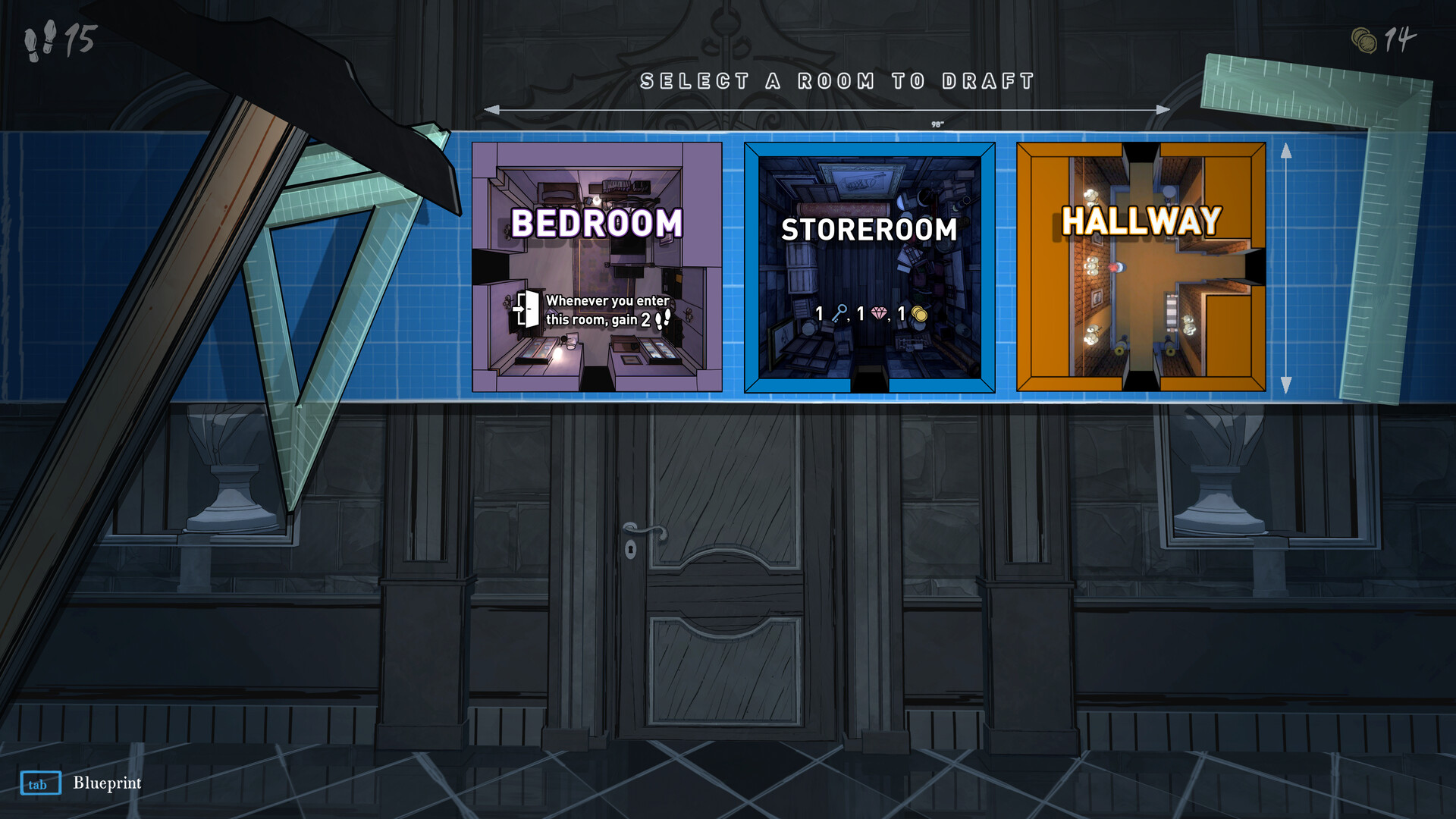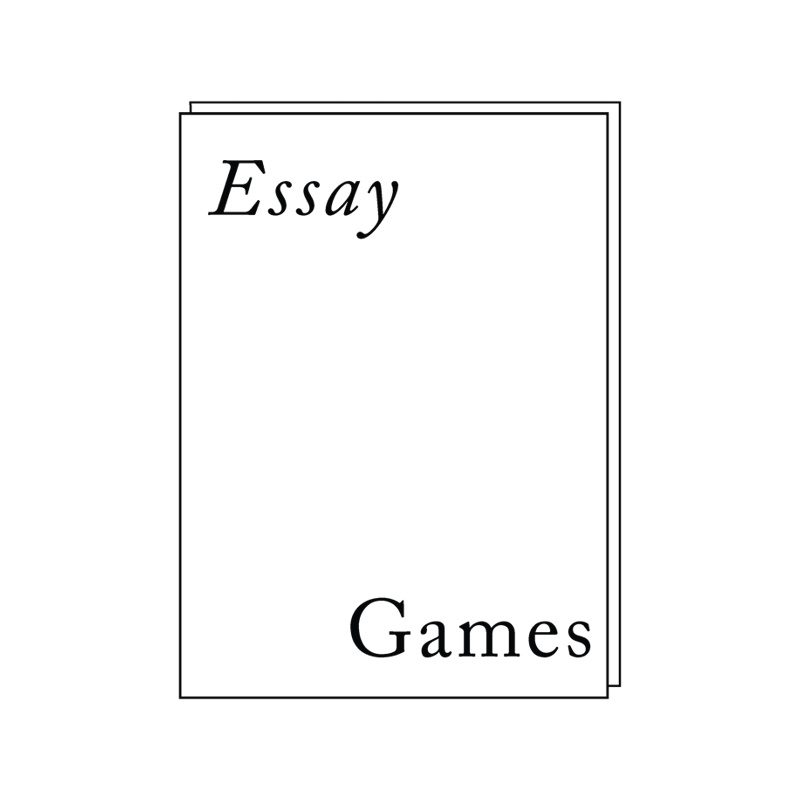
1. It’s not a metroidbrania, it’s a build-em-up.
If the above statement upsets you then you need to stop taking games so seriously. Let people use their weird, fun, silly words to define game genres. It doesn’t hurt anybody, it’s made in the playful spirit of the medium (the term attributed to Nick Suttner of Panic, Inc.), and its recent resurfacing (and discontent) actually detracts from actual analysis of the game, its content, and how it’s gameplay “lands” with audiences (which maybe I’m contributing to here, so whoops).
2. I’m serious, it’s a build-em-up.
Blue Prince, in my experience, is a game interested in endurance. It asks the players to be patient, observant, calculated, and inquisitive. All of these are qualities that I think games should ask of their player more than they currently do. But I’m not “sold” on the way BP asks. It does very little tutorializing, it’s built on a fairly unforgiving randomizing system, and it gives very little indication to the player how they are progressing towards its seemingly straightforward goal.
As I’ve been teaching this semester, I’ve been thinking a lot about design considerations outlined in Tracy Fullerton’s germinal textbook Game Design Workshop. Early on in the book she outlines different considerations the designer should take into account when creating their work. These include Players, Objectives, Procedures, Rules, Resources, Conflict, Boundaries, and Outcomes. I love these considerations and I find them incredibly helpful in teaching design to students because you can use these concepts (defined very well by example in Fullerton’s text) as a basis not only for creation but also for analysis.
In this way, I think that BP skips over (or through) some of these considerations to build mystique and inquiry, as well as lure the player into its central gambit: things are not what they seem! However, BP neglects to put amble stock into considering how Players employ Procedures to arrive at Outcomes. There are many outcomes within a single “day” or “run” of BP, but a vast majority of them are unrewarding or sufficiently frustrating due to players feeling that things are too random.

There are moments in BP where the game’s loop is apparent, but progress through that loop feels intentionally obfuscated. Though this can have a lot of appeal in a story–concealing rationale and motive is a widely used motif–it’s a bit less satisfying in a puzzle, which is what BP primarily is. You encounter small puzzles in rooms and larger puzzles of in-game logic that you know you’re not “prepared for” and instead of guiding you toward something you can tackle the game just kind of mercilessly shrugs. Part of that affectation comes from its subdued atmosphere, but a lot of it comes from its RNG system.
I think game designer and writer Cara Ellison puts it pretty well on bsky: I guess I want to see less randomness in games now.
I share this feeling, and even though I understand the game as a puzzly-thinky-bemusing thing, I also expect (maybe unfairly…) for it to provide me the resources to unlock its mystery. And I’m not talking about giving me keys and gems and coins when I desperately need them to unlock my way through the manor. I mean the resources of how best to go about arriving at the desired objective. If the point is to get me to find my rich-ass-uncles mysterious Room 46 then give me knowledge and insights into how I can achieve that without feeling like I’m getting sucker punched by randomness every day.
Thus, the build-em-up.
3. Stop telling me to Get gud.
Not every game is made for every type of player. This cannot be shouted from the rooftops enough. If you don’t like something then set it down, pick something else up, do the dishes, walk the dog, bond with your kiddos, make out with your lover, sit alone and meditate. Do whatever. It’s fine. You’re fine. BP is fine.
And I can hear fans of the game responding to the above jabs with a retort, “it is giving you the ‘knowledge’ you’re just too stupid to understand it.” And… ok fair (but harsh). Others might come quick to defend its difficulty spikes by pointing to other souls-like and roguelike games and their wide success and adoption within the industry. I respect people who enjoy that kind of gameplay. Challenge and conflict are great design assets and generate deep fandoms for players. But in many of those instances, there are still opportunities for the players to reach a state of flow: where skill and challenge match in a fairly linear line progressing together in a positive trajectory. As you overcome more challenges, you gain more skills to face the next task: more life, more weapons, more knowledge, etc.
BP doesn’t offer the same opportunity to enter flow. It requires player skill to already be at a somewhat high level, but even then doesn’t afford the opportunity to strategically implement that skill because of the RNG (at least in my experience).
4. I Still want to Play.
Here’s where I struggle. Amidst all of these concerns and foibles, I still LIKE it?! I want to understand it. I find parts of it very compelling. It makes me want to pay attention to everything and be clever and unlock all of its splendor and wonderment and roll its credits. But… I’m not good enough. I acknowledge that as a designer, I’m actually not very good at games. I’m not good at shooters and have below-average platforming ability. So I’m reminded of an age-old adage about the unique qualities of games: a book wouldn’t shut if you weren’t at its reading level. But BP does.

Or… maybe more acutely, I’m not given enough incentive to keep going. I’m not an expert puzzler though I’ve prided myself in unlocking a couple of details all on my own. But then I get stuck, I get handed a bad “draft” and feel punished for just trying to explore and experience the game as it’s presented to me. Maybe that comes with time–and by all accounts, it seems like that’s the case–but as a designer, I find that a bit demanding. again, you can ask players to do all sorts of things if you give them resources to be patient, observant, and curious. Instead, I feel like BP is looking at me over a set of very erudite spectacles with a judgemental and passive-aggressive expression on its smug high-minded face.
For some, that “I expected better from you, nephew” tone might work, but for me, it doesn’t, which is a pity. Not only because I think games and their designs should be generous to their players (not easy, mind you, but generous). But also because I want to pursue its objective. Being denied that pleasure feels harsh.
Again, the argument that I posed that “this game isn’t for me” is fair and I appreciate it deeply. I’ve made games for specific audiences (that have had very mixed success in reaching those folks lol), but I’m always open for unintended guests to stay as long as they like.

Leave a Reply